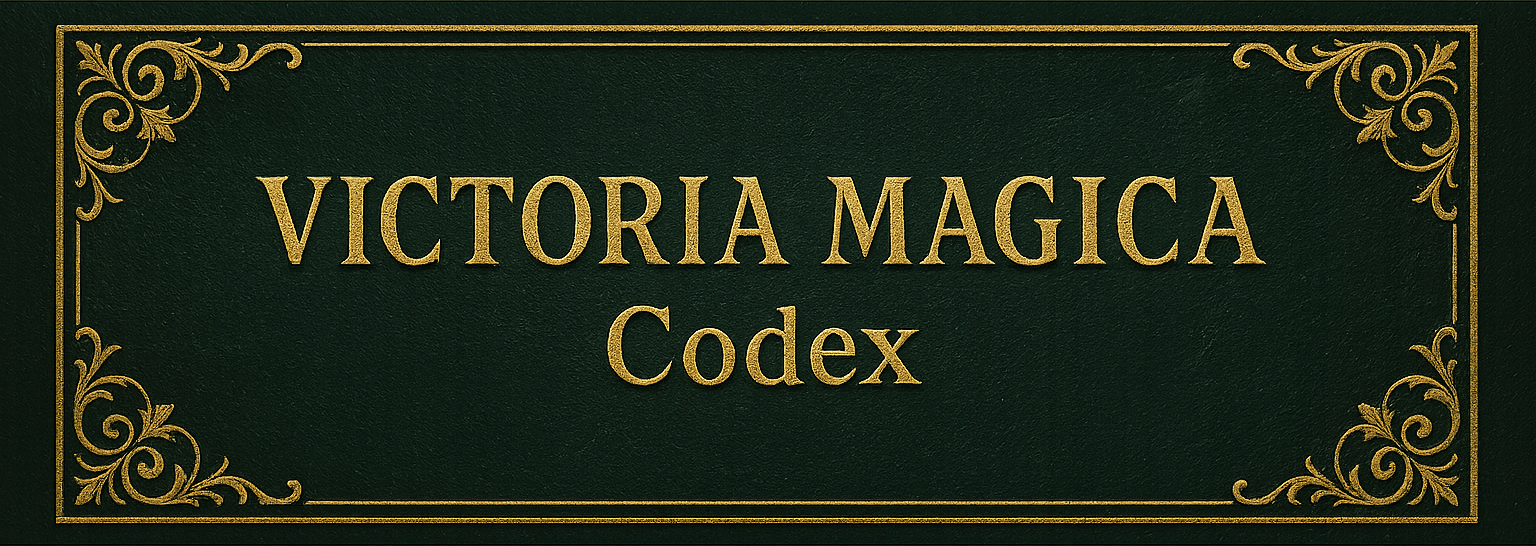Bloomsbury
⚠️ Content Warning
This article may contain mature themes, including homoerotic content, complex power dynamics, sexual encounters with vampires and anthropomorphic beings, as well as other adult material.
Reader discretion is advised.
Where Minds Meet, Tea Steams, and Dusty Tomes May Whisper
In 1893, Bloomsbury stands as one of London’s most quietly distinguished neighbourhoods – a district of scholars, thinkers, reformers, and those who prefer their revolutions carried out with ink and footnotes rather than gunpowder.
Nestled between Holborn and Euston Road, Bloomsbury is a world of elegant Georgian terraces, secluded garden squares, and the faint rustle of paper drifting from open study windows. It is home to the British Museum, whose vast neoclassical façade looms like a temple to Empire and curiosity alike. Within, mummies, manuscripts, and marbles sleep under the gaze of candlelit scholars and the occasional nervous schoolchild.
The district has become a haven for the academically inclined and the quietly radical. University College London (founded to admit students regardless of class or religion) hums with lectures in natural science and progressive thought. The nearby Bedford College for Women offers higher education to those whom society still expects to embroider, not argue.
Bloomsbury’s residents tend to be cultured, odd, and determinedly principled. You are just as likely to overhear a discussion of Mesopotamian clay tablets as one on women’s suffrage or the ethical implications of mesmerism. Afternoon teas are laced with both lemon and politics; drawing rooms house both poetry and pamphlets.
Though less showy than Mayfair or St James’s, Bloomsbury has its own quiet grandeur – and, some would argue, far more dangerous ideas. Rumours abound of secret reading societies, arcane translations hidden among library stacks, and a certain antiquarian bookseller on Montague Street who always seems to know a little too much.
To wander through Bloomsbury in 1893 is to feel the stirrings of a gentler revolution – one written in longhand, spoken in hushed tones, and never quite found on any official register.



Comments